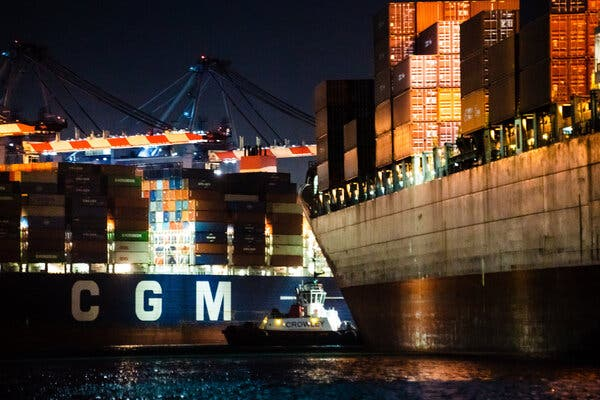Preparing Supply Chains for Global Emergencies in the Wake of Covid-19
The Covid-19 pandemic has highlighted the importance of supply chains and the need for supply chain managers to be prepared for global emergencies. The pandemic has caused a “global ripple effect” of supply chain disruptions, with ongoing issues such as supply and demand mismatch, labour shortages, cargo ships and ocean freight bottlenecks, and geopolitical and trade tensions. To reduce logistics costs and ensure supply chain sustainability, businesses must develop a logistics plan and action plans to reduce their environmental impact. Digital transformation is also important for such functions as transparency, tracking goods and monitoring carbon emissions, but this increases the risk of cybercrime. Finally, climate change is a potential threat to smooth supply chains, with five of 11 global regions deemed by the United Nations to be “water-stressed”. Governments must collaborate with businesses to ensure supply chains are prepared for global emergencies and to ensure a smooth recovery process.


Great article, it’s clear that supply chain managers need to be more prepared for global emergencies. Machine learning could be a useful tool to help with the process.
It’s great to see governments and businesses working together to create a more resilient supply chain. This is a huge step in the right direction and I look forward to seeing how this collaboration helps us weather future global emergencies.
I am impressed by the detail of this article. It is so important for businesses to be prepared for global emergencies and I agree that digital transformation and collaboration are key. Do you think businesses should focus on one particular area, or work on multiple areas at the same time?